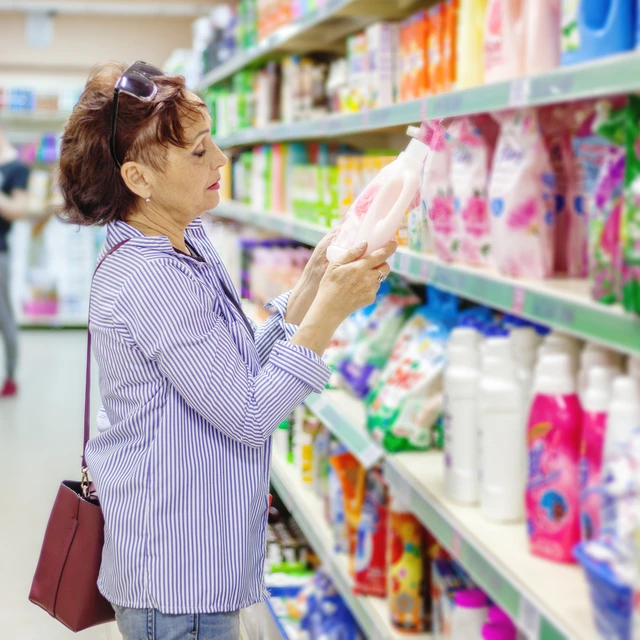What drives consumers when it comes to green claims?
A new international study by Novozymes looks at consumer attitudes about green detergents. The awkward reality is that 65% of consumers say they want to buy purpose-driven brands that advocate sustainability, but less than 5% actually buy green detergents. Why is that – and what drives consumers in this market?
Six market segments
The Novozymes qualitative study set out to map out the landscape of consumer attitudes, with participants from Germany, US, China and Spain. The study identified six consumer segments differentiated by income levels, lifestyle and attitude.
Two of the groups were considered unreachable with green claims: the “Power Rangers” were unconcerned about sustainability, while “Budget Masters” were extremely price driven.
The four groups that were open to green detergents all wanted to go green but were concerned with the credibility of green marketing claims, the performance of green detergents, price and availability.
Consumer priorities when buying detergents
Identifying the groups and their needs yield clues about the arguments that might win them over. The groups “Green Realists” and “Out-of-Reachers” both care for the environment but are concerned with the credibility of the product. The former cares most about cleaning performance, the latter is restrained by a low budget.
The group “Earth Protectors” view sustainability as a lifestyle and have the spending power to go green – but want to test out the product first. “Safety Keepers” prioritize safety, avoiding harsh chemicals. They are concerned with price and effectiveness.
A tipping point
In the future, it’s reasonable to assume there will come a tipping point in the market, and the adoption of green detergents will accelerate and expand – but only if the industry is able to address the main concerns of consumers and start to gain their trust in green claims. This will require that the industry provides green detergents with a recognizable level of cleaning experience at reasonable prices. The reward will be access to a new large group of currently sceptical consumers – the late majority – who will begin to follow the current leaders’ buying behaviour.
As the volume of green detergents grow, economies of scale will kick in for key ingredients, making these detergents more affordable for a broader audience.
Green education to change behavior
The Novozymes study showed that most consumers - across the groups - were more convinced to purchase green detergents after they learned more about the science behind these four scientific insights:
- Today, most laundry detergents are made from crude oil, and its production leads to large CO2 emissions.
- Highly compact detergents can be as effective as regular detergents and they decrease CO2 emissions significantly, since they lead to less weight transported around the globe and less packaging being produced
- Washing at high temperatures has a significant negative impact on environment, as it demands a lot of energy and also ages clothes much faster.
- Today, most laundry detergents have ingredients that do not degrade in nature, and therefore chemicals accumulate in our oceans.
Green is more appealing to consumers
Part of the study tested participants’ reaction to a 100% biological detergent with the following four claims:
- 100% Bio-based
- Super-compact
- Same cleaning power
- 100% biodegradable
It turned out that all participants considered this cleaning product to be more appealing than current green detergents.
To sum up, across the segments, participants wanted to take part in a wider positive sustainability change. But they still want to see the same cleaning performance with fact-based information. In addition, the majority want prices at competitive level.
The Novozymes qualitative study indicates clear directions where brands can successfully explore new green claims. And there’s an opportunity here -- the market is changing already now, and brands can change with it.



